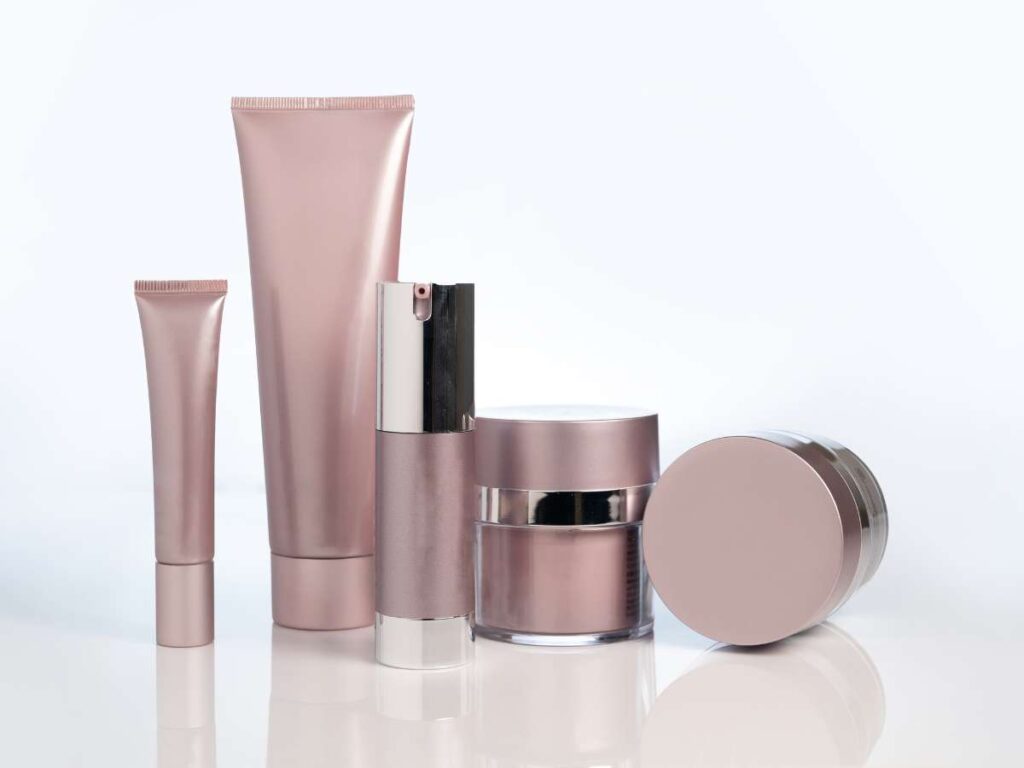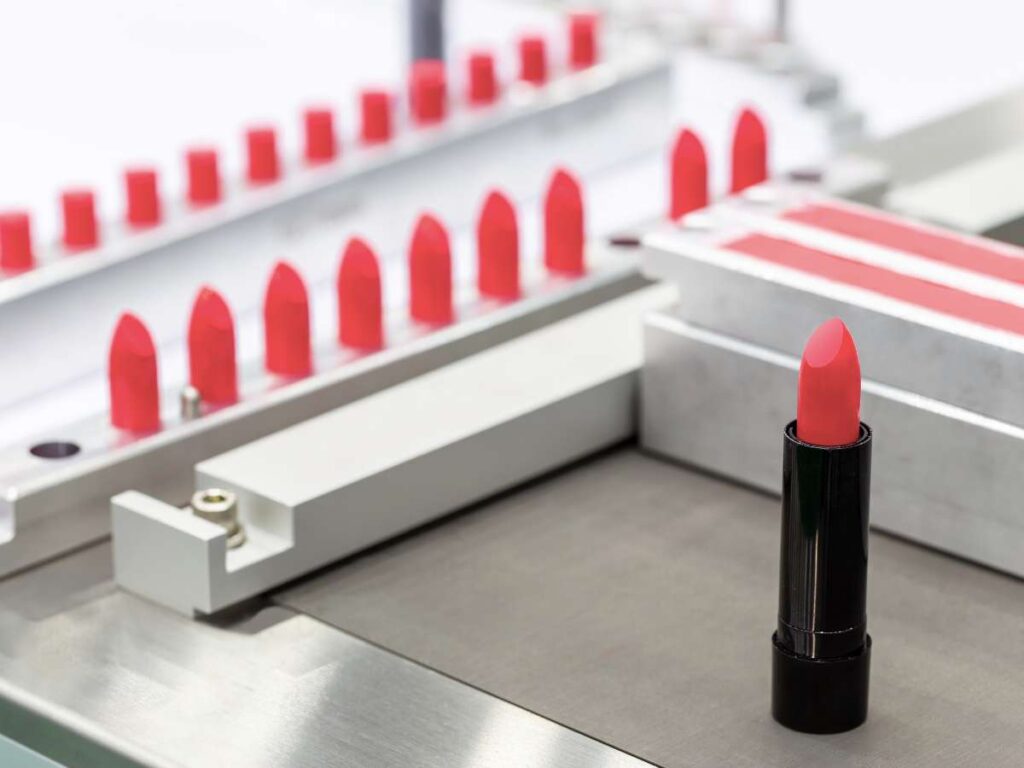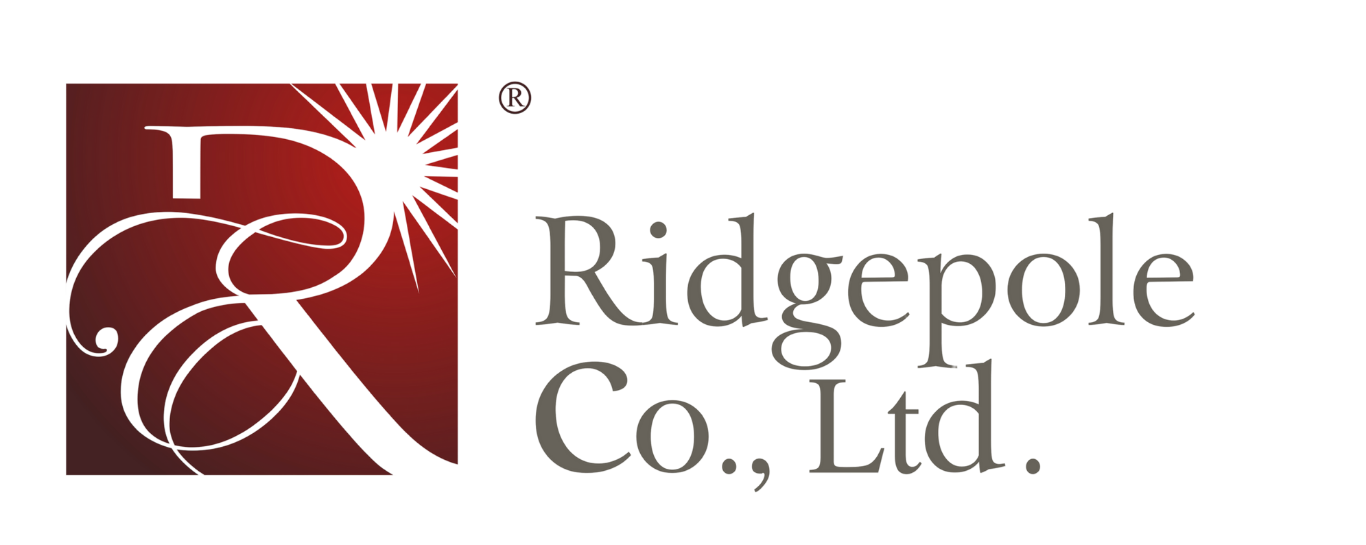Private Label vs. Contract Manufacturing in Cosmetics: The Key Differences

Author: Tommy Tang | Founder at Ridgepole
Hi, I'm Tommy Tang, here to share my expertise in skincare with you.
Table of Contents
When I first started looking into the cosmetics industry, I thought finding a manufacturer would be super simple.
But I quickly realized that private label and contract manufacturing are two totally different things—and choosing the wrong one can lead to big problems.
If you’re not sure which option is right for your business, you’re definitely not alone. Many new business owners get mixed up by confusing comparisons.
I’ve worked with both types of manufacturers and seen how each choice can affect a brand. Now, I’m breaking it all down in a way that’s easy to understand—no guessing, just straight facts.
In this guide, you’ll learn about everything from customization and costs to how much control you’ll have over your brand. By the end, you’ll know exactly which path is best for your business.
Let’s jump in!
1. What is Private Label in Cosmetics?
Private label in cosmetics is the fastest way to launch a beauty brand without developing formulas from scratch. Instead of creating products from the ground up, you work with a third-party manufacturer that provides ready-made formulations, which you then brand as your own.
This approach works well for businesses that want to enter the market quickly, minimize upfront costs, and focus on branding rather than product development.
How Private Labeling in Cosmetics Works
The process typically follows these steps:
- Manufacturer Selection: Choose a private label manufacturer that offers products aligned with your brand’s vision.
- Product Selection: Pick from a catalog of pre-formulated products—cleansers, serums, foundations, etc.
- Formula Customization (Optional): Some manufacturers allow minor modifications to color, scent, or ingredients.
- Packaging Design: Develop custom labels and packaging to differentiate your brand.
- Sample Approval: The manufacturer provides samples for testing before full production.
- Order Placement: Meet minimum order requirements and place a bulk order.
- Production and Labeling: The manufacturer produces, fills, and labels the products with your branding.
- Shipping: Finished products are sent to your warehouse or directly to customers if dropshipping is available.
Pros and Cons of Private Label
I’ve seen private labeling work well for brands that want to scale quickly without getting too deep into formulation complexities. However, there are some trade-offs:
Pros:
- Faster to Market: No need for R&D—get products ready in weeks instead of months.
- Lower Costs: Avoid expensive formulation and testing phases.
- Easier to Start: Requires less industry experience and investment.
- Flexible Testing: Allows brands to test the market with minimal risk before committing to large orders.
Cons:
- Limited Customization: Mostly stock formulas—not ideal for brands that want a unique product.
- Branding Challenges: Since other brands may use the same formulations, differentiation relies heavily on packaging and marketing.
- Manufacturer Dependence: Quality control and product consistency depend on the manufacturer.
- Less Control: Little to no say in ingredient selection, sourcing, or product innovation.

2. What is Contract Manufacturing in Cosmetics?
Contract manufacturing is a fully customized approach where you develop unique formulations and work with a manufacturer to produce your exclusive beauty products at scale.
Unlike private labeling, where you’re limited to existing formulas, contract manufacturing gives you full control over ingredients, product design, and packaging—making it the preferred choice for brands that want to create something truly distinct.
How Contract Manufacturing in Cosmetics Works
The process involves several steps, requiring more time and involvement compared to private labeling:
- Consultation: Work with the manufacturer to outline your vision, goals, and product concept.
- Formula Development: The manufacturer’s R&D team creates a custom formula based on your requirements.
- Prototyping: You receive samples for testing and refine the formula based on feedback.
- Production: Once the formula is finalized, full-scale manufacturing begins.
- Packaging: Custom-designed labels, containers, and branding elements are applied.
- Shipping: Finished products are shipped to your warehouse or distribution centers.
Pros and Cons of Contract Manufacturing
This approach is ideal for established brands looking to expand with exclusive, high-quality products, but it does come with higher costs and longer production timelines.
Pros:
- Full Customization: Choose specific ingredients, textures, scents, and packaging to create a truly unique product.
- Brand Exclusivity: Your formulation is proprietary, meaning competitors can’t replicate your products.
- Scalability: Designed for large-scale production, making it ideal for brands planning to grow.
- Quality Control: You set your own quality standards, ensuring ingredient sourcing and manufacturing align with your brand’s reputation.
Cons:
- Higher Costs:Custom development, formulation testing, and production runs require more investment.
- Longer Lead Times: Developing a unique formula takes months compared to weeks for private label products.
- Complex Process: Requires more involvement, technical knowledge, and regulatory compliance.
- Minimum Orders: Many contract manufacturers require large minimum order quantities, which may not be feasible for new brands.

3. Key Differences Between Private LabeL and Contract Manufacturing
Now that we already know how private labeling and contract manufacturing work, let’s compare them side by side. This table highlights their key differences, helping you decide which option fits your business goals:
| Aspect | Private Label | Contract Manufacturing |
| Customization Level | Limited; uses stock formulas with minor adjustments | High; fully custom formulations based on your specifications |
| Time to Market | Faster; products are ready-made with quick branding | Longer; requires development, testing, and approvals |
| Cost | Lower; minimal development and setup costs | Higher; includes research, development, and bulk production costs |
| Control Over Formula | Limited; manufacturer owns and controls the formula | Full control; you own the formula and product design |
| Brand Uniqueness | Lower; products may be similar to other brands | Higher; exclusive formulas create unique products |
| Minimum Order Quantity (MOQ) | Lower; suitable for smaller orders and startups | Higher; manufacturers often require large batch orders |
| Scalability | Moderate; suitable for small to medium-sized brands | High; ideal for large-scale production and distribution |
| Risk Level | Lower; less financial investment and lower commitment | Higher; more investment but greater brand control |
| Compliance & Testing | Limited; basic testing handled by manufacturer | Extensive; includes stability, safety, and regulatory testing |
| Best For | Startups, influencers, or small businesses testing the market | Established brands seeking full product control and customization |
4. Which to Choose Between the Private LabeL and Contract Manufacturing
The decision between private label and contract manufacturing depends on your business model, goals, and resources.
Choose Private Label if you are:
- Entrepreneurs or small businesses are looking to launch quickly with minimal investment.
- Brands that prioritize branding and marketing over unique formulations.
- Companies testing new product lines before committing to large-scale production.
Choose Contract Manufacturing if you are:
- Established brands that want full control over formulation and product innovation.
- Businesses ready to scale production and invest in long-term exclusivity.
- Companies focused on high-quality, proprietary formulations.
Conclusion
Deciding between private label and contract manufacturing is tough. You want fast results without sacrificing quality. But which option truly fits your brand’s goals?
At Ridgepole, we’ve seen brands face this struggle—and we’ve helped them succeed. We’re more than a manufacturer, we’re your partner.
Whether you value speed or complete customization, we provide solutions that fit your vision.
Contact us today, and let’s turn your dream into reality!
Learn More: Recommended Reads
Need more ideas? Browse through our extended range of products and discover something new:
Still haven’t found what you’re looking for? Don’t hesitate to contact us. We’re available around the clock to assist you.
Quick Quote
Own Your Private Label Cosmetic Line Is No Longer Difficult Here!





